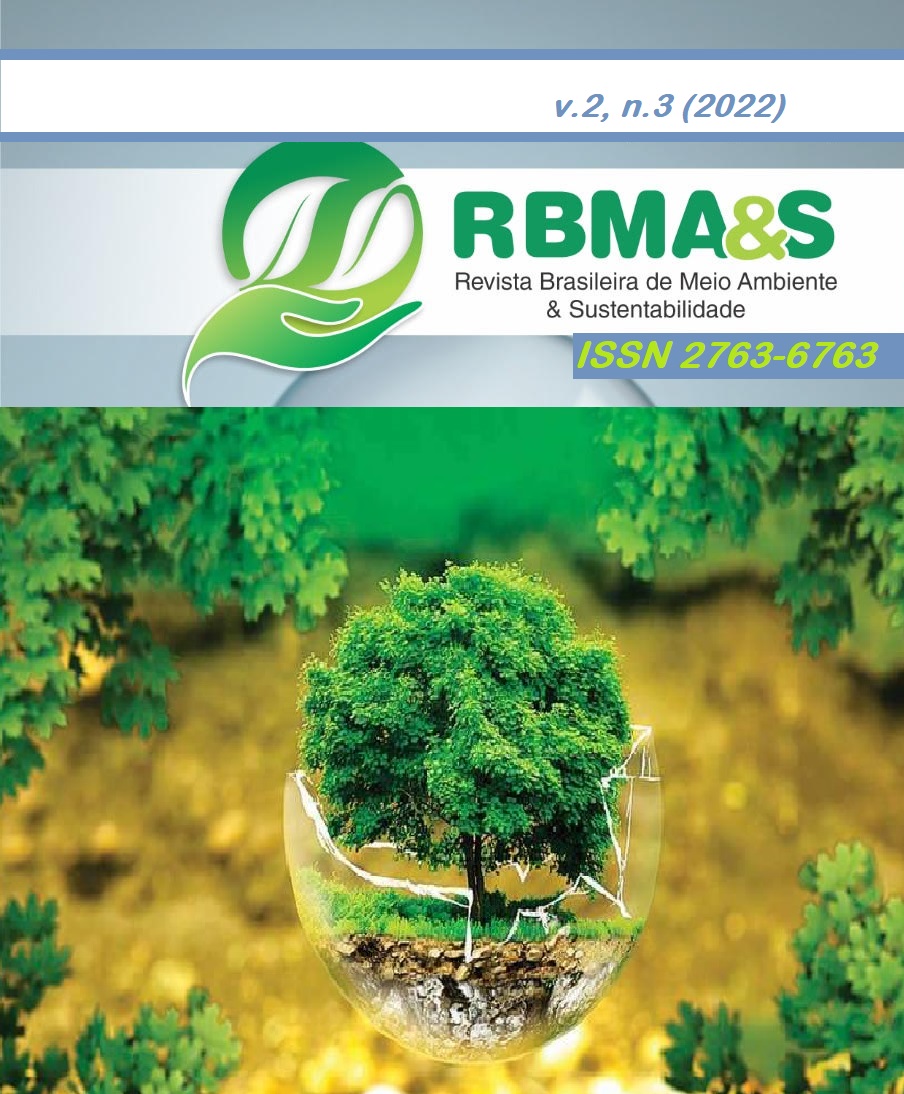PALM OIL IN BIODIESEL PRODUCTION: A CASE STUDY OF THE ADVANTAGES AND DISADVANTAGES ECONOMIC, ECOLOGICAL AND SOCIAL CULTURE THIS OLEAGINOSA FOR BIODIESEL PRODUCTION.
Main Article Content
Abstract
The objective of this study is to analyze the advantages and disadvantages in the economic, social and ecological field palm oil crop (Elaeis guineensis) for the extraction of palm oil and palm kernel oil for biodiesel production. According to the National Program for Production and Use of Biodiesel (PNPB), diesel distributed in Brazil has put in its composition 6% vegetable oil and 94% diesel derived from petroleum (B6) and this mixture tends to grow in vegetable oil percentage up to 20%. The major advantage of biodiesel is the absence of sulfur in its composition, which in itself reduces by at least 15% the emission of pollutants into the atmosphere, moreover, the amount of carbon dioxide released during its burning is virtually the same air removed by oil palm plantations and other oilseeds. Canceling the emission of sulfur and carbon dioxide, biodiesel has become a viable alternative to traditional diesel, one of the most harmful derived from petroleum to the environment. Between cultivated oilseeds, oil palm or palm as it is known is the plant with the highest productivity per acreage, produces on average 10 times more oil than soybeans, these results are possible in almost all the Amazon region and the oil palm oil is among the most qualified for the production of biodiesel, because of its composition, high productivity, low cost, production distributed throughout the year, regular and increasing supply, and is cultivated in different areas, not competing with other crops food. With production in Brazil, biodiesel from palm oil, there is a new supply chain has been strengthened, generating and multiplying jobs and income in both the agricultural phase and the inputs and services markets, but also in the activities of transport, storage, blending and marketing of biodiesel.
Downloads
Article Details

This work is licensed under a Creative Commons Attribution 4.0 International License.

